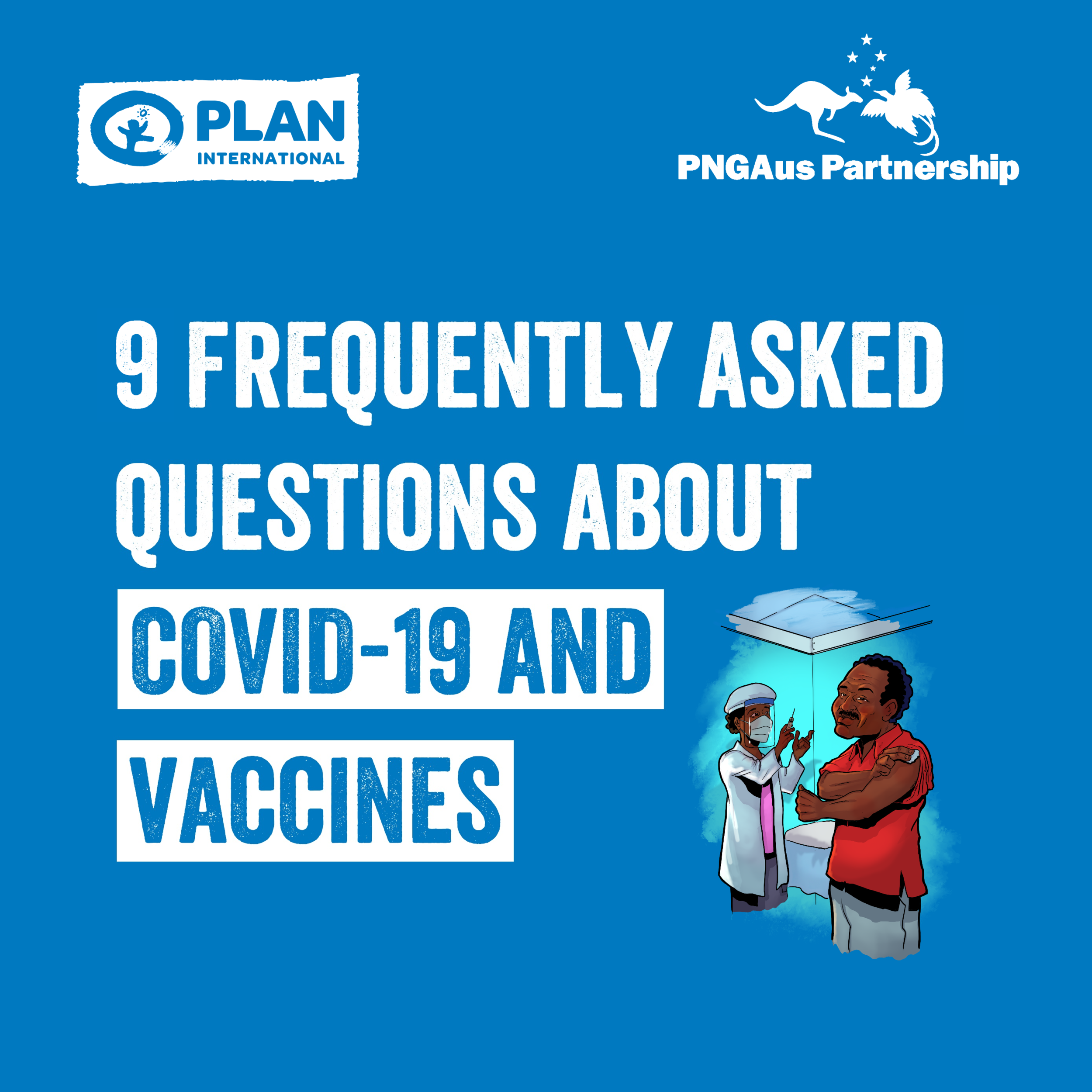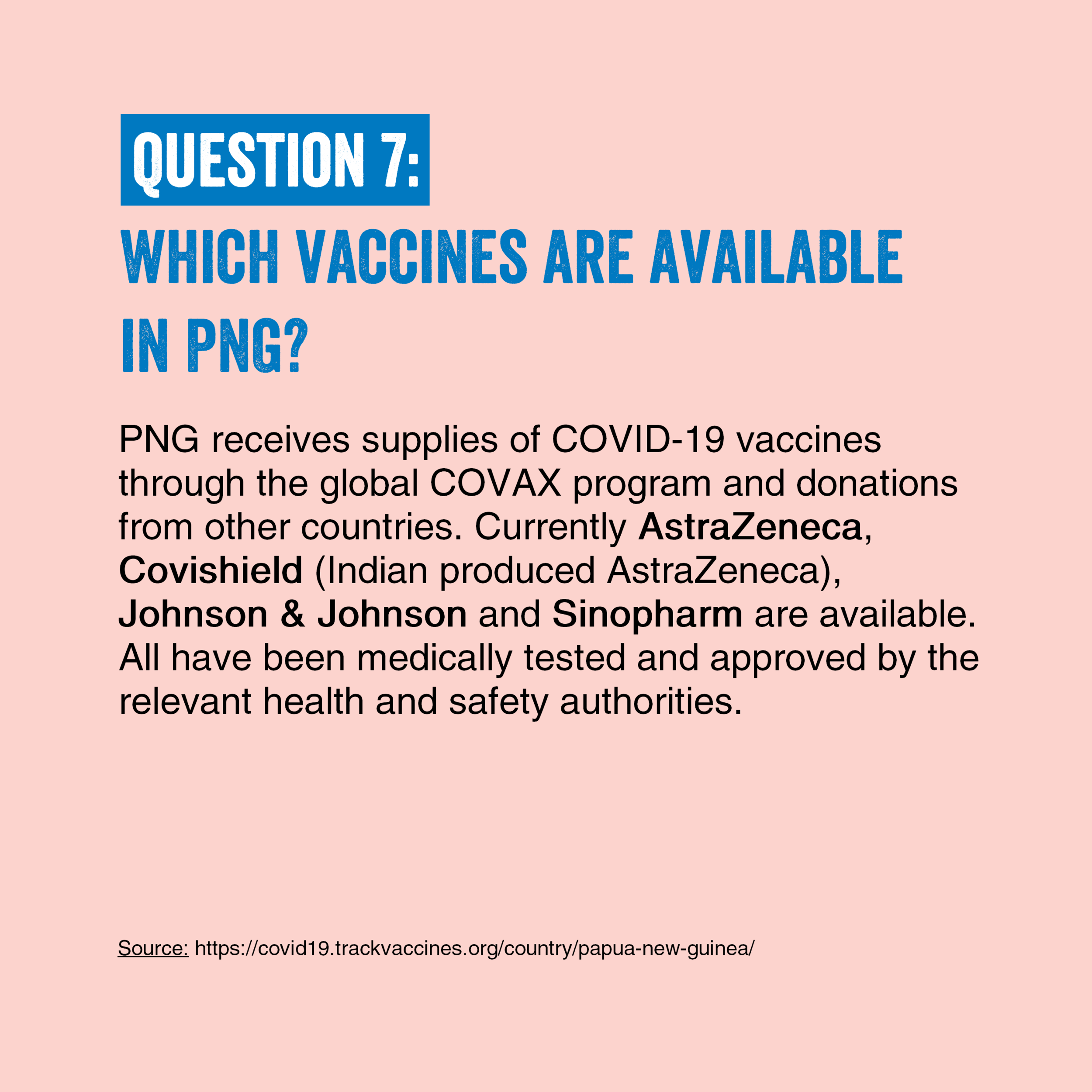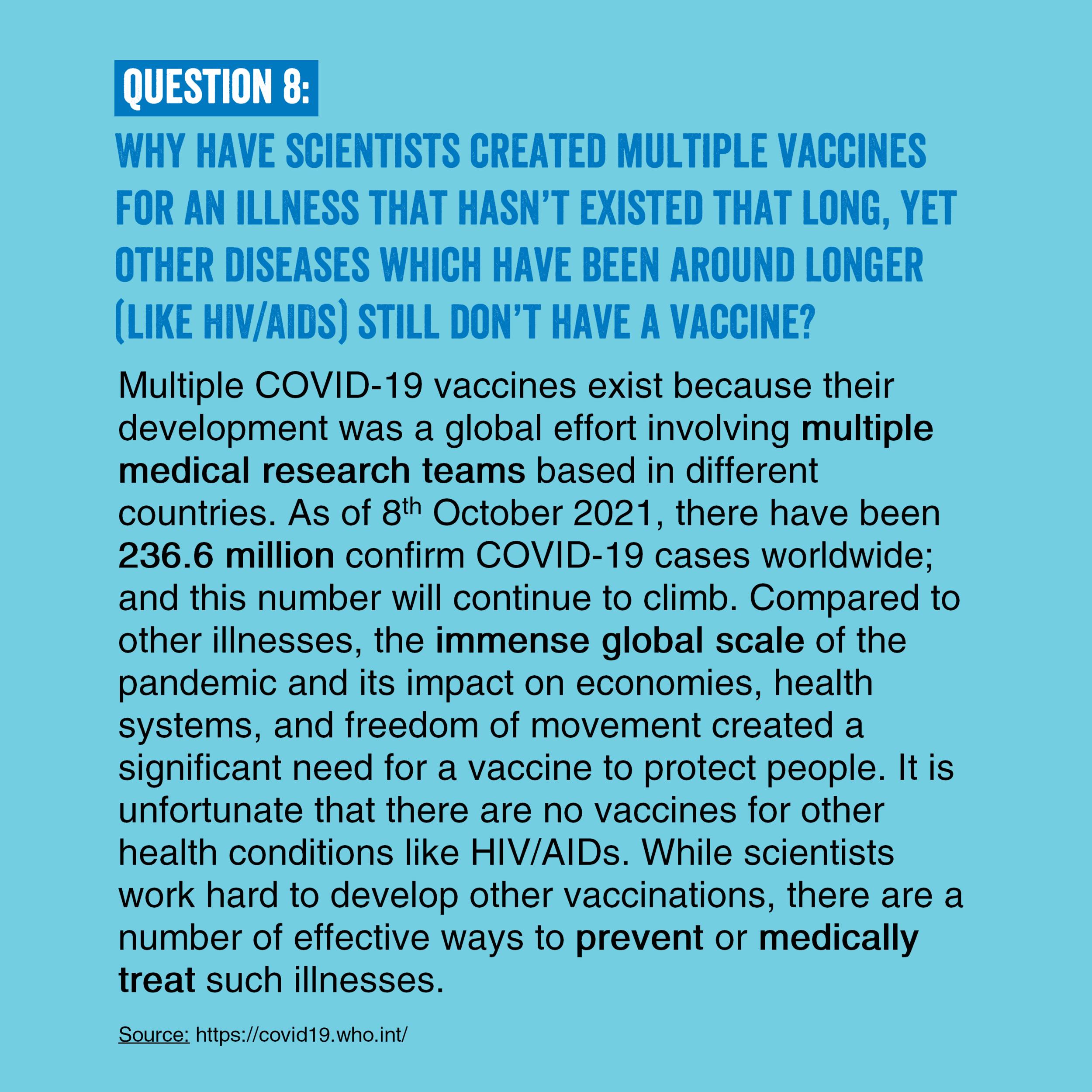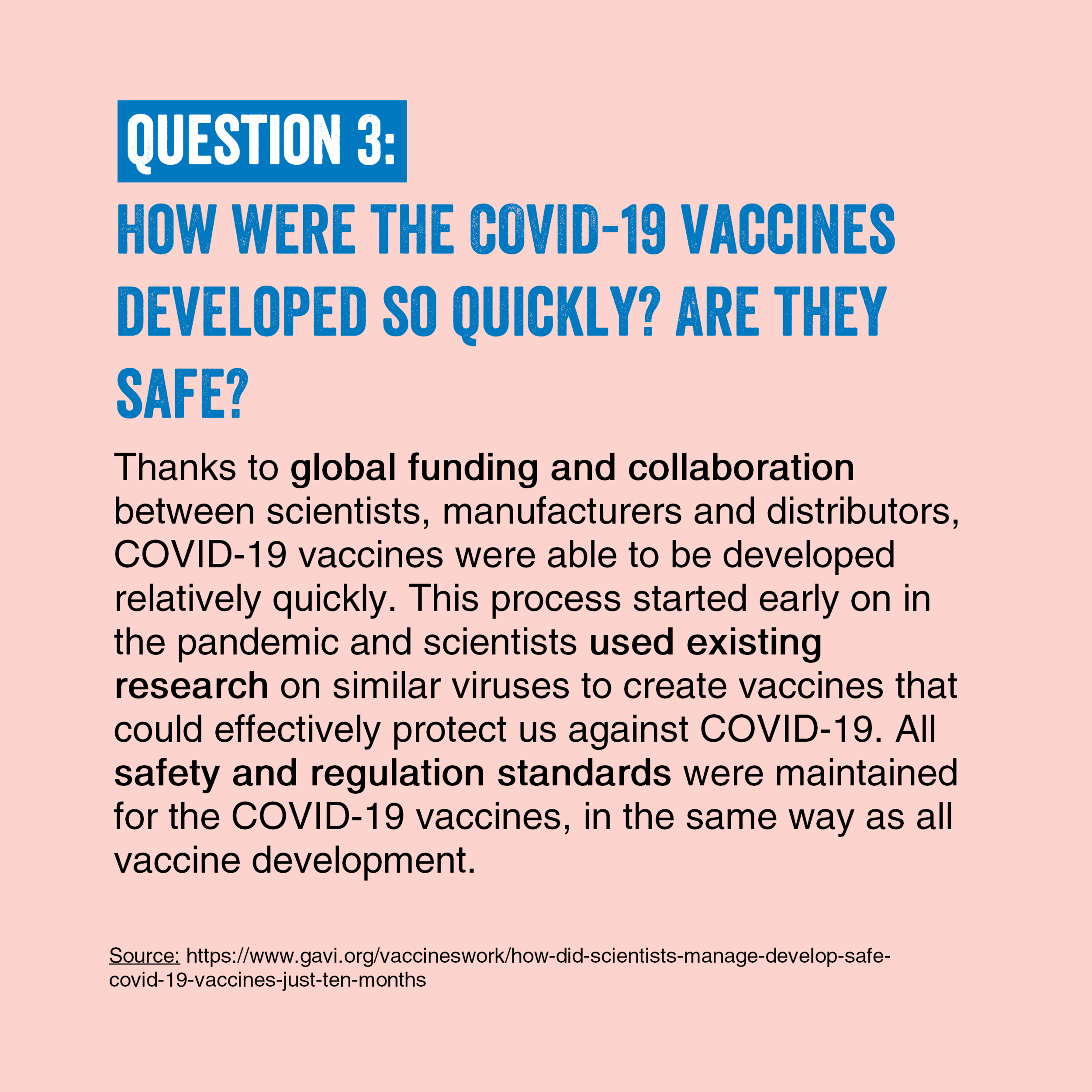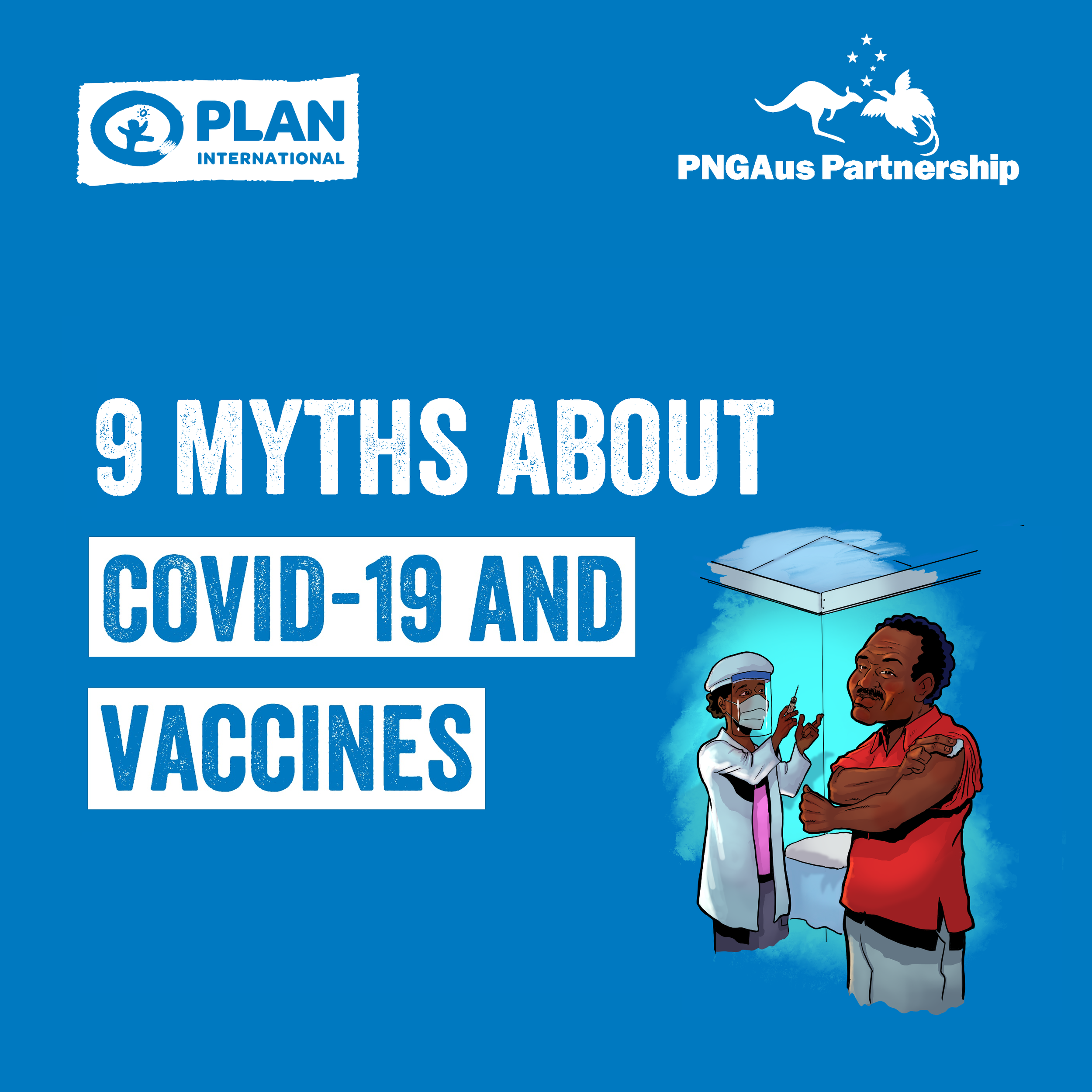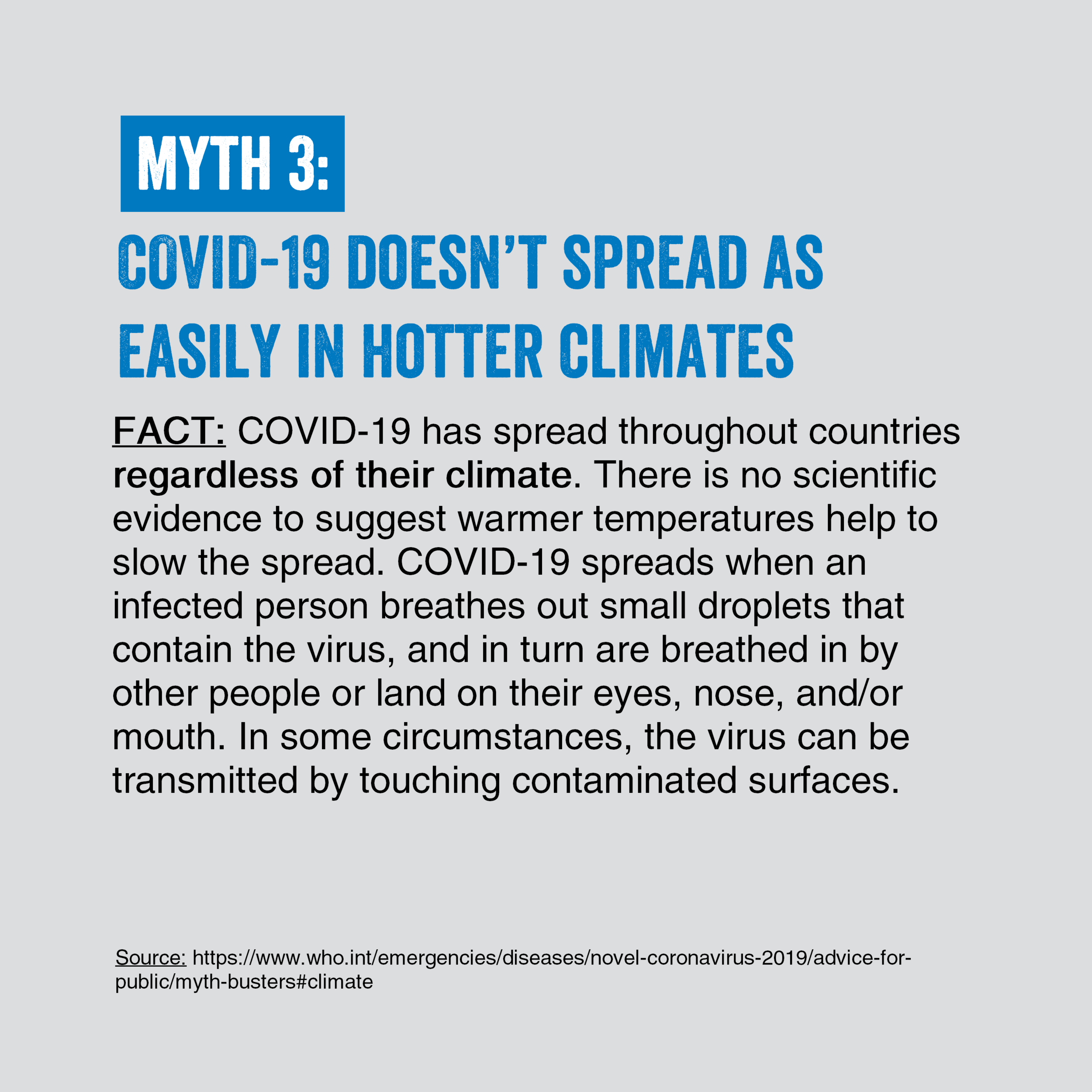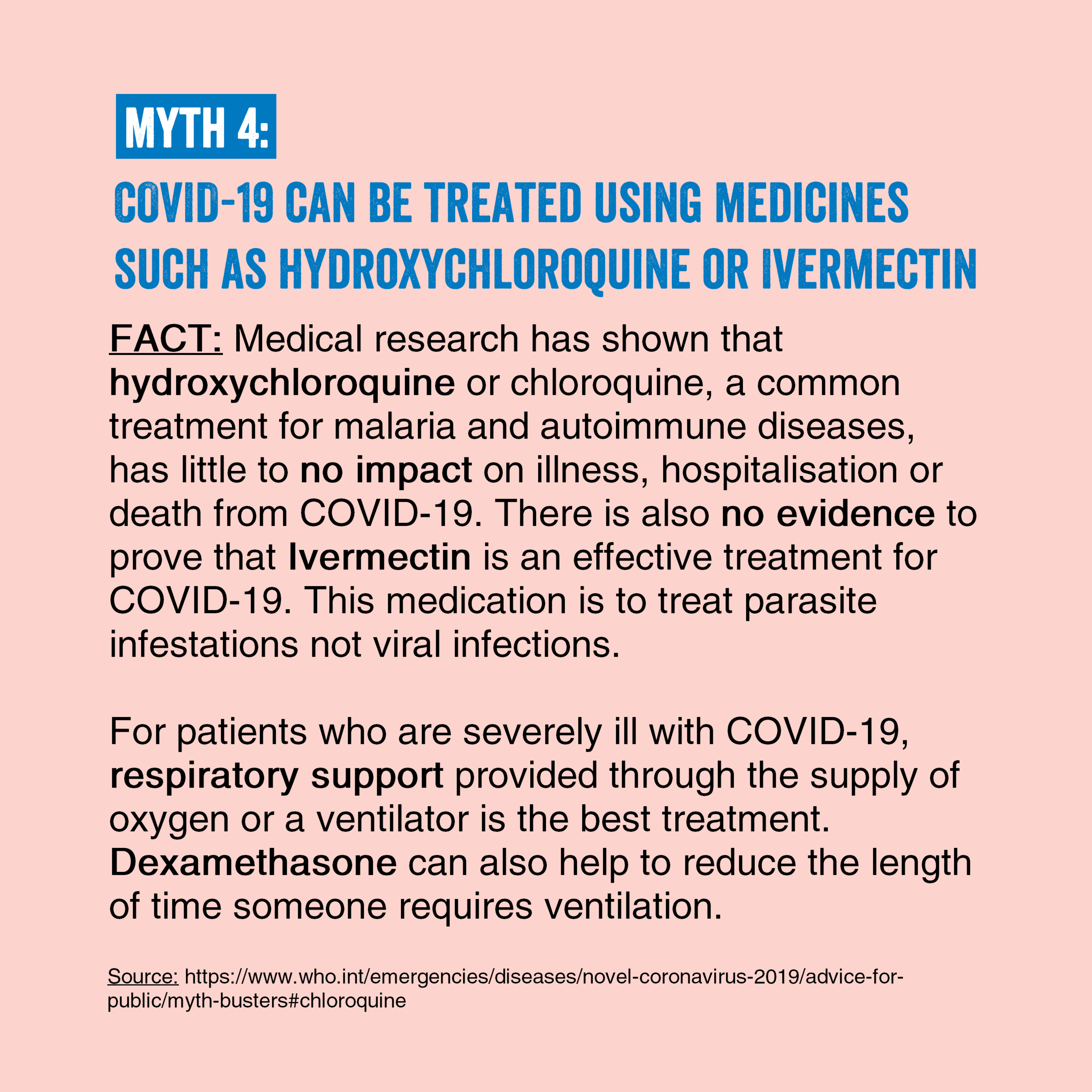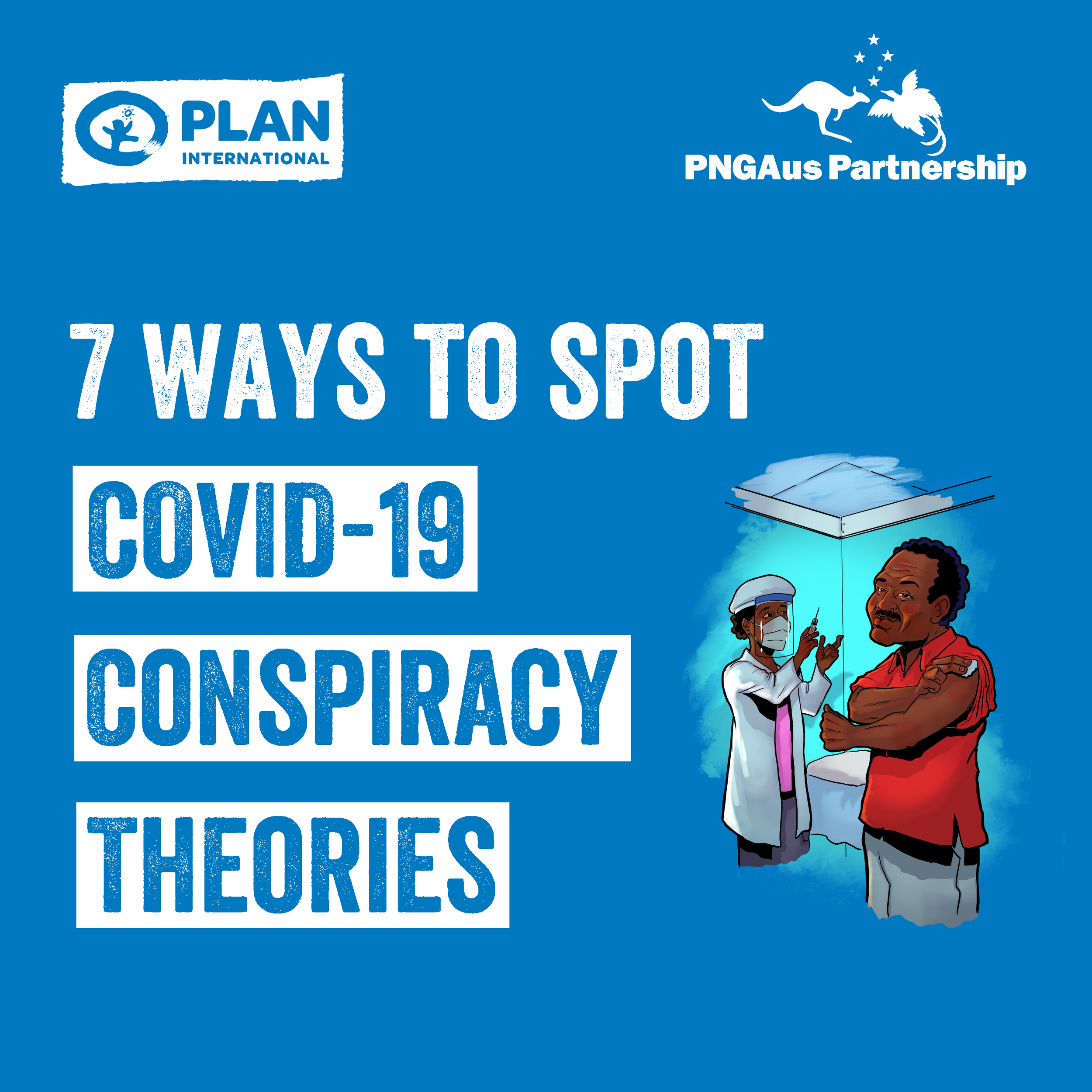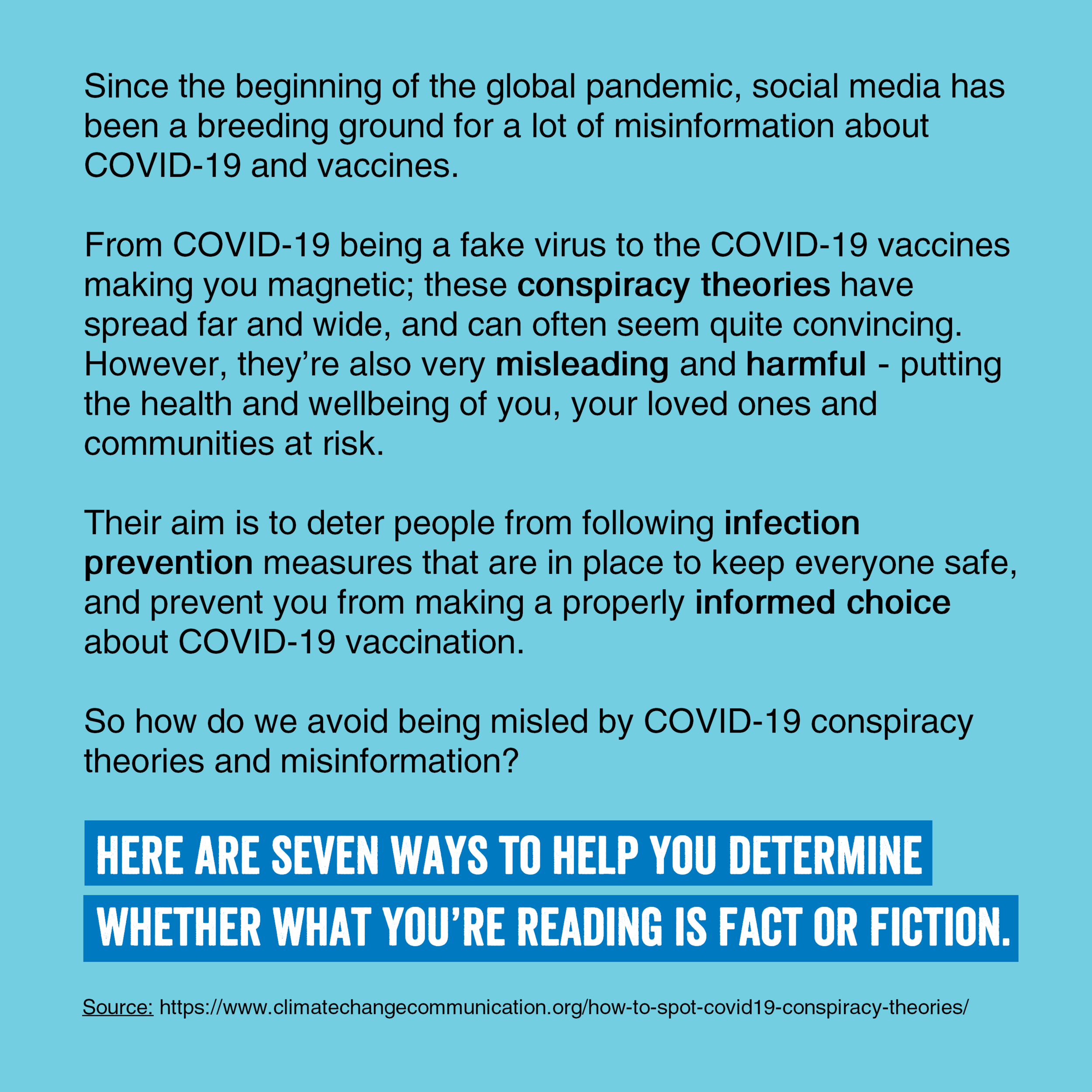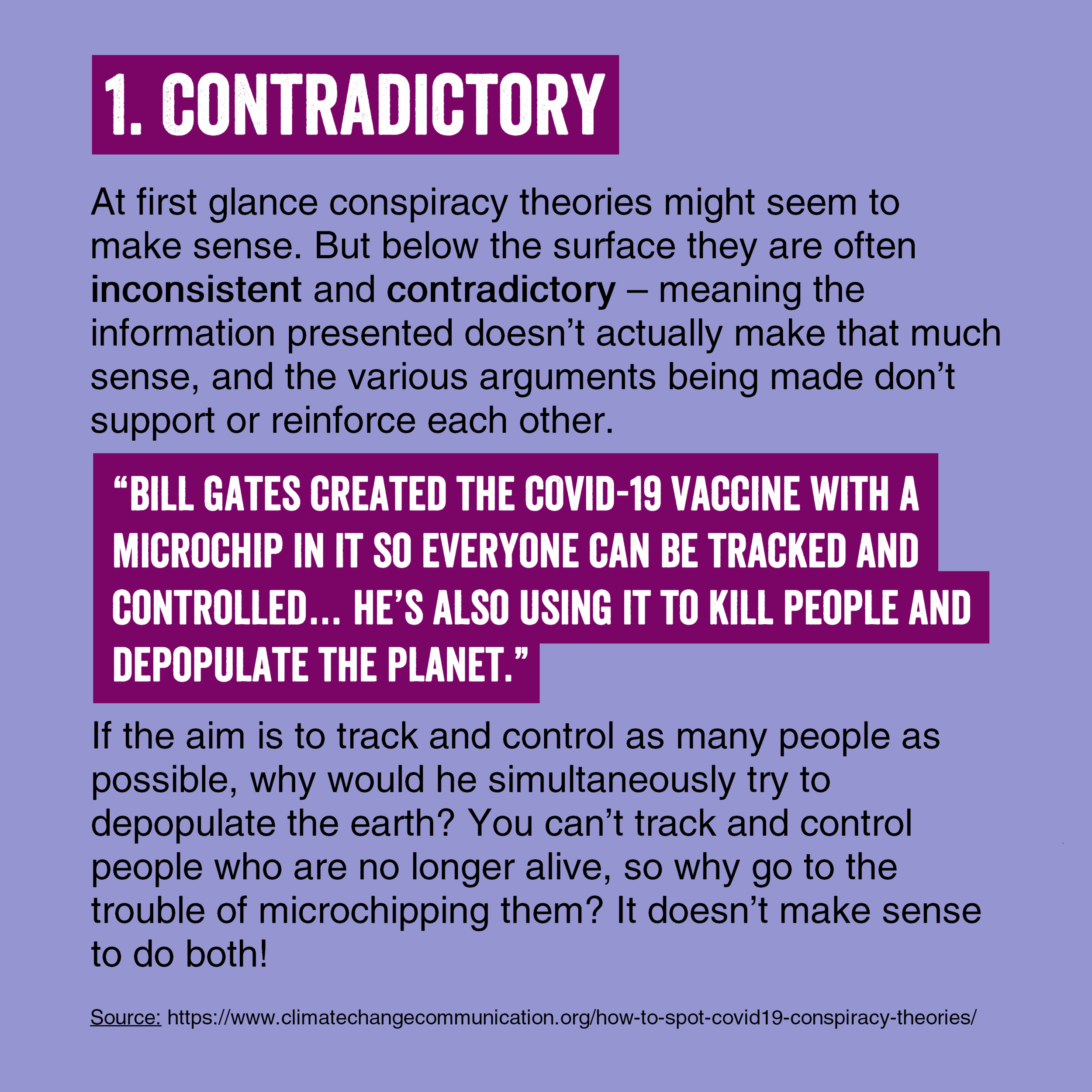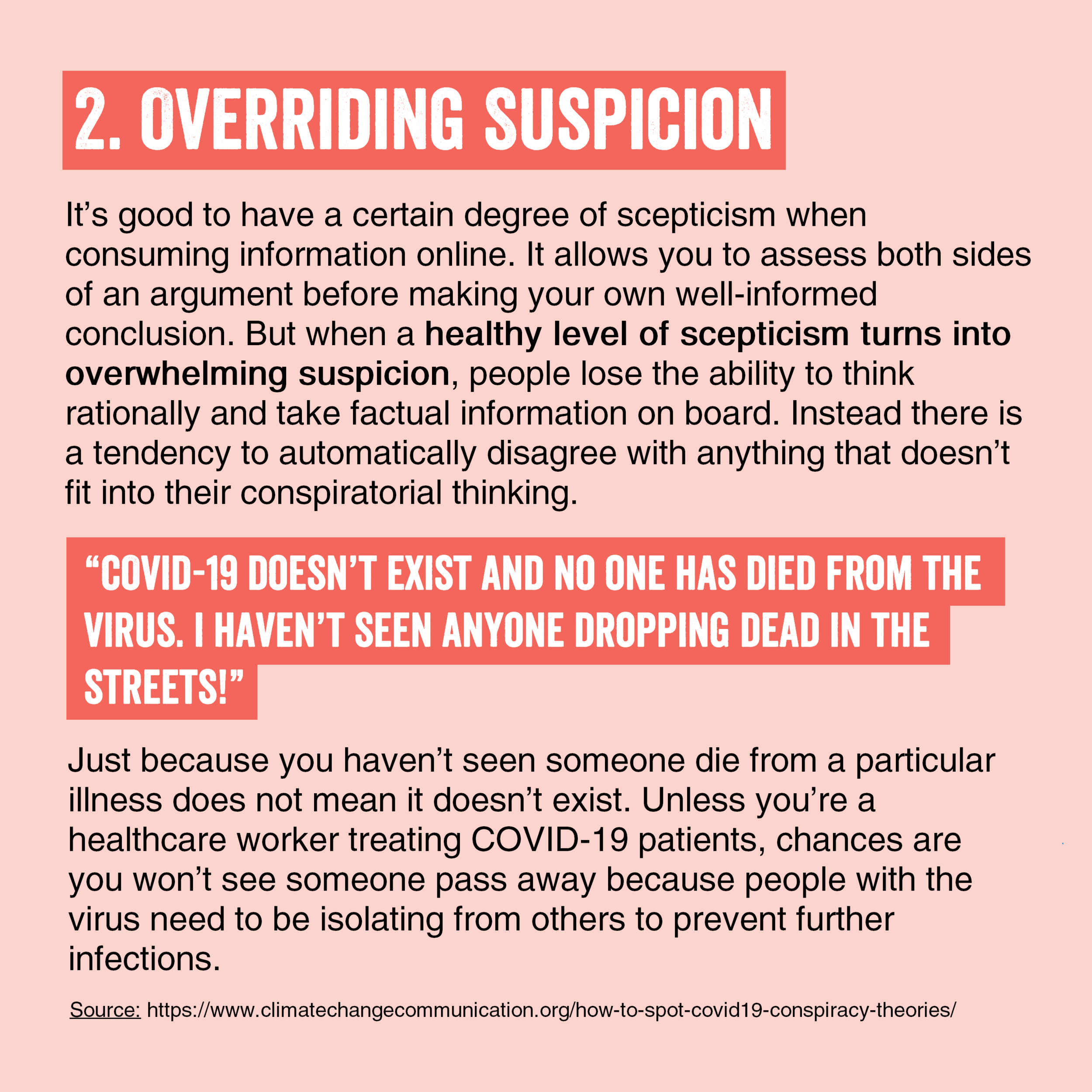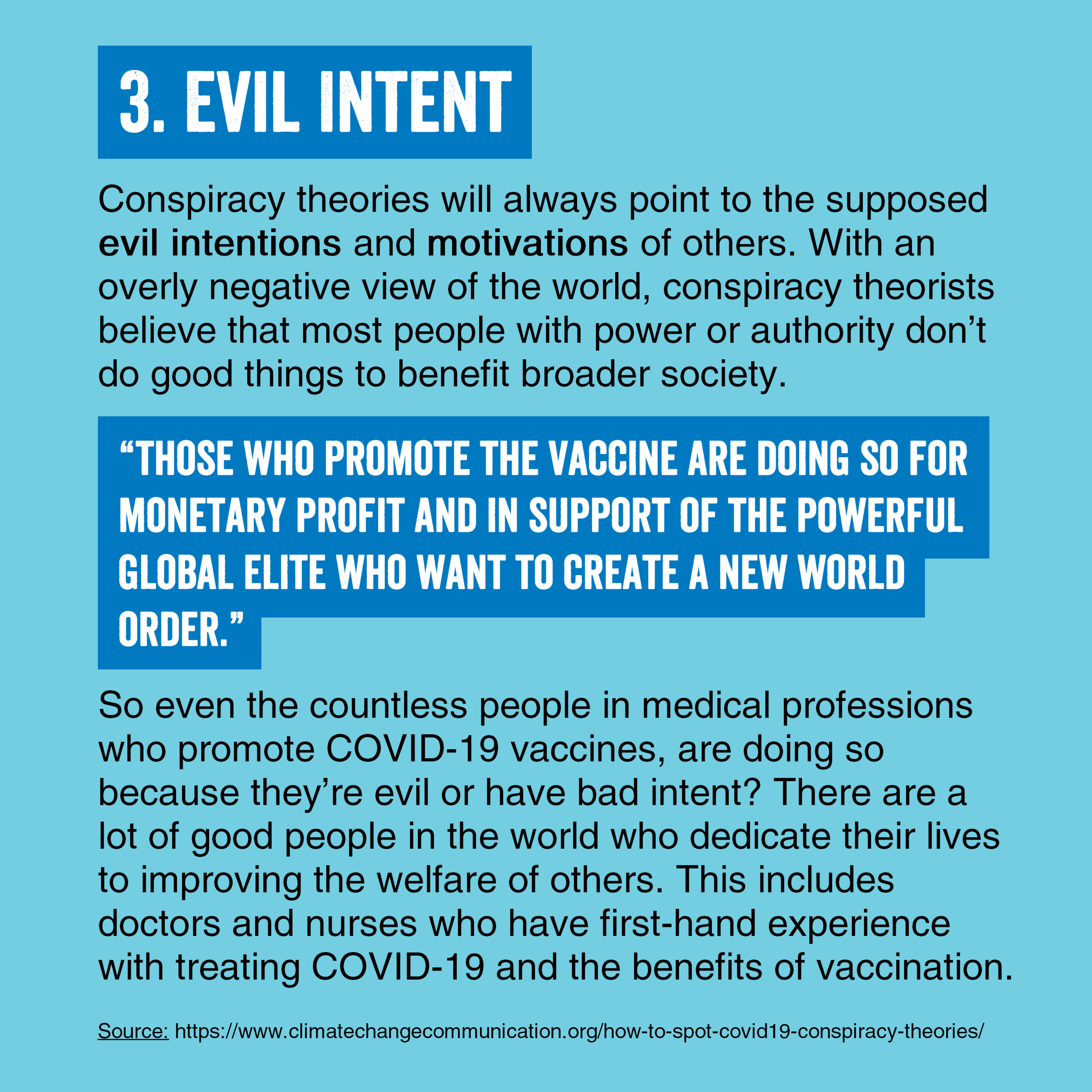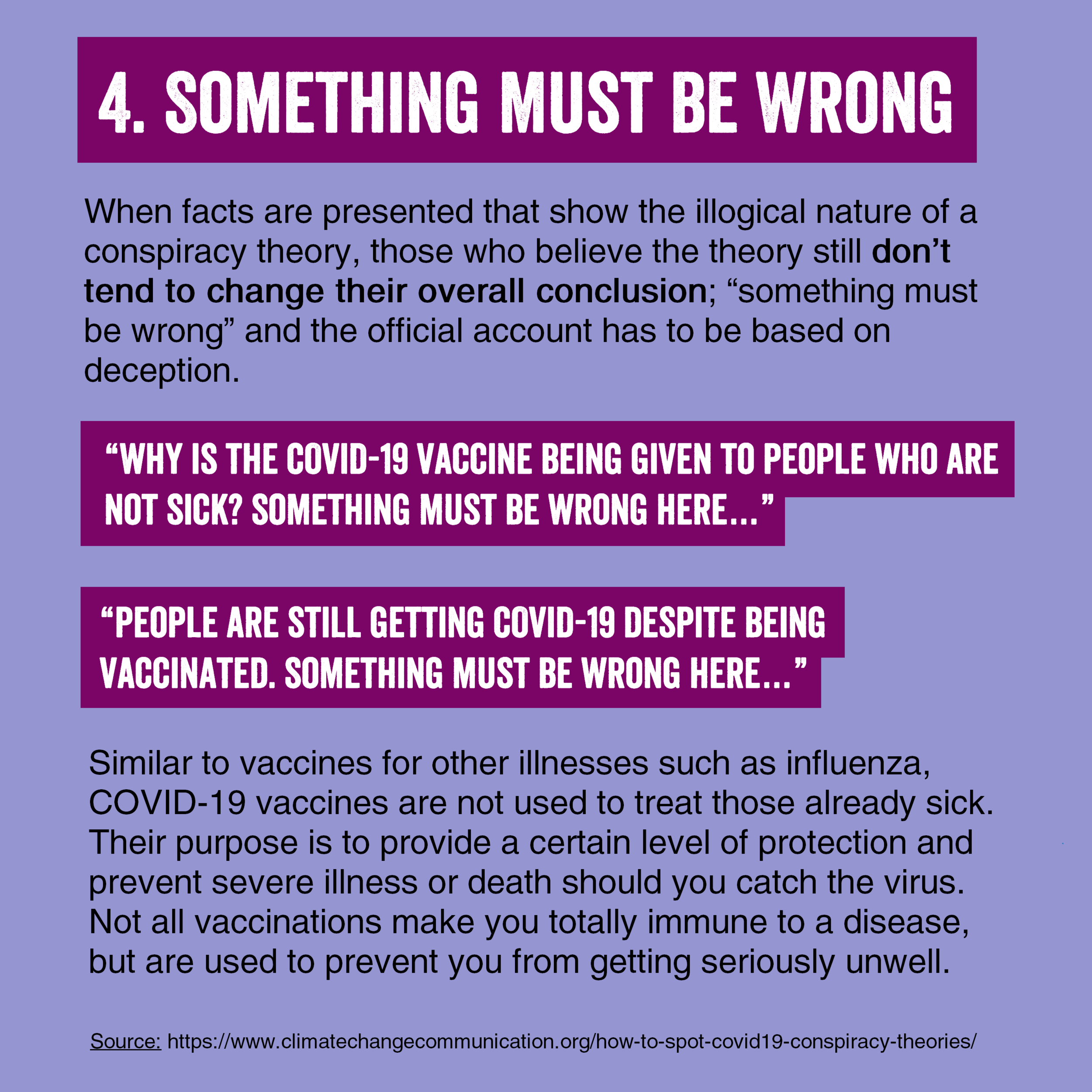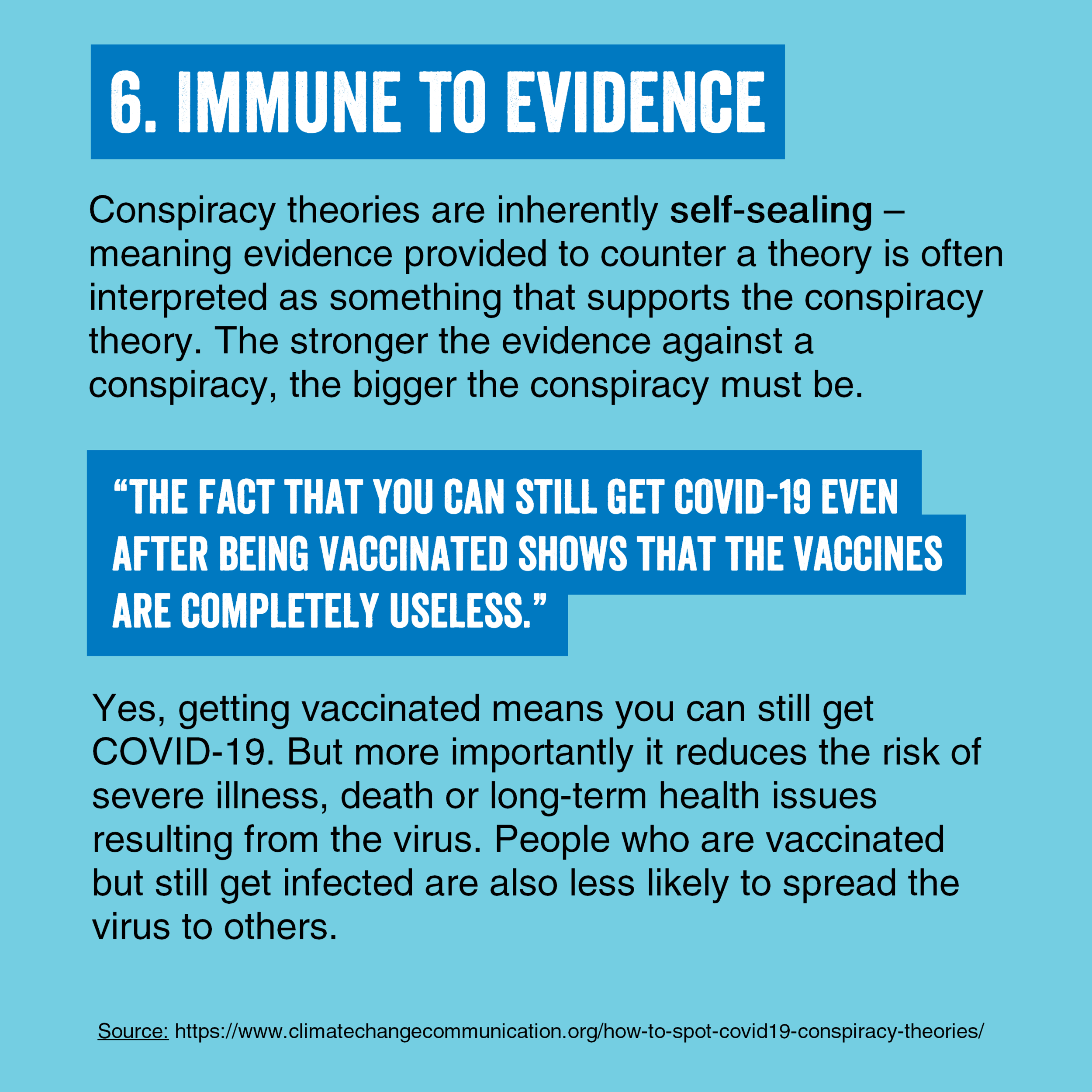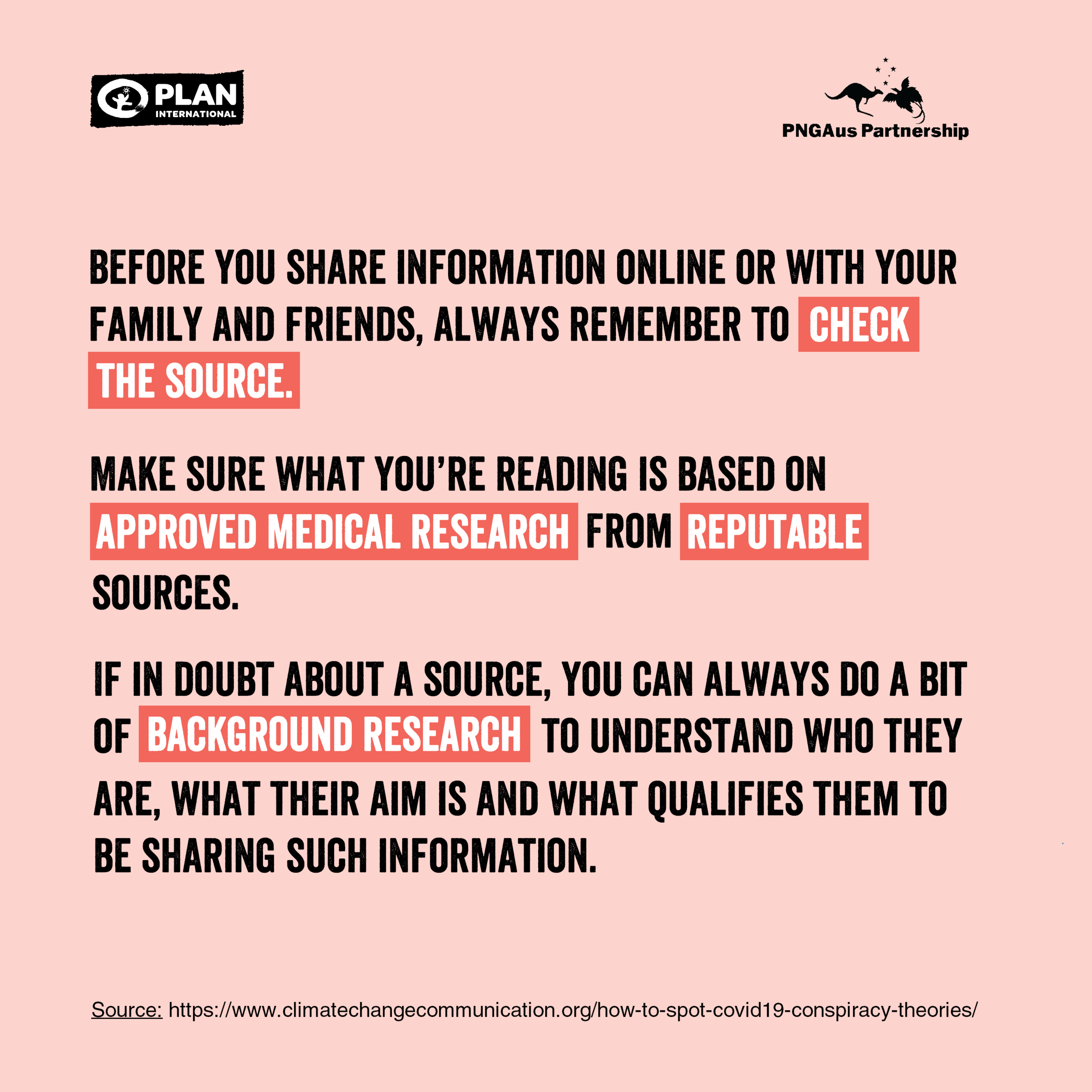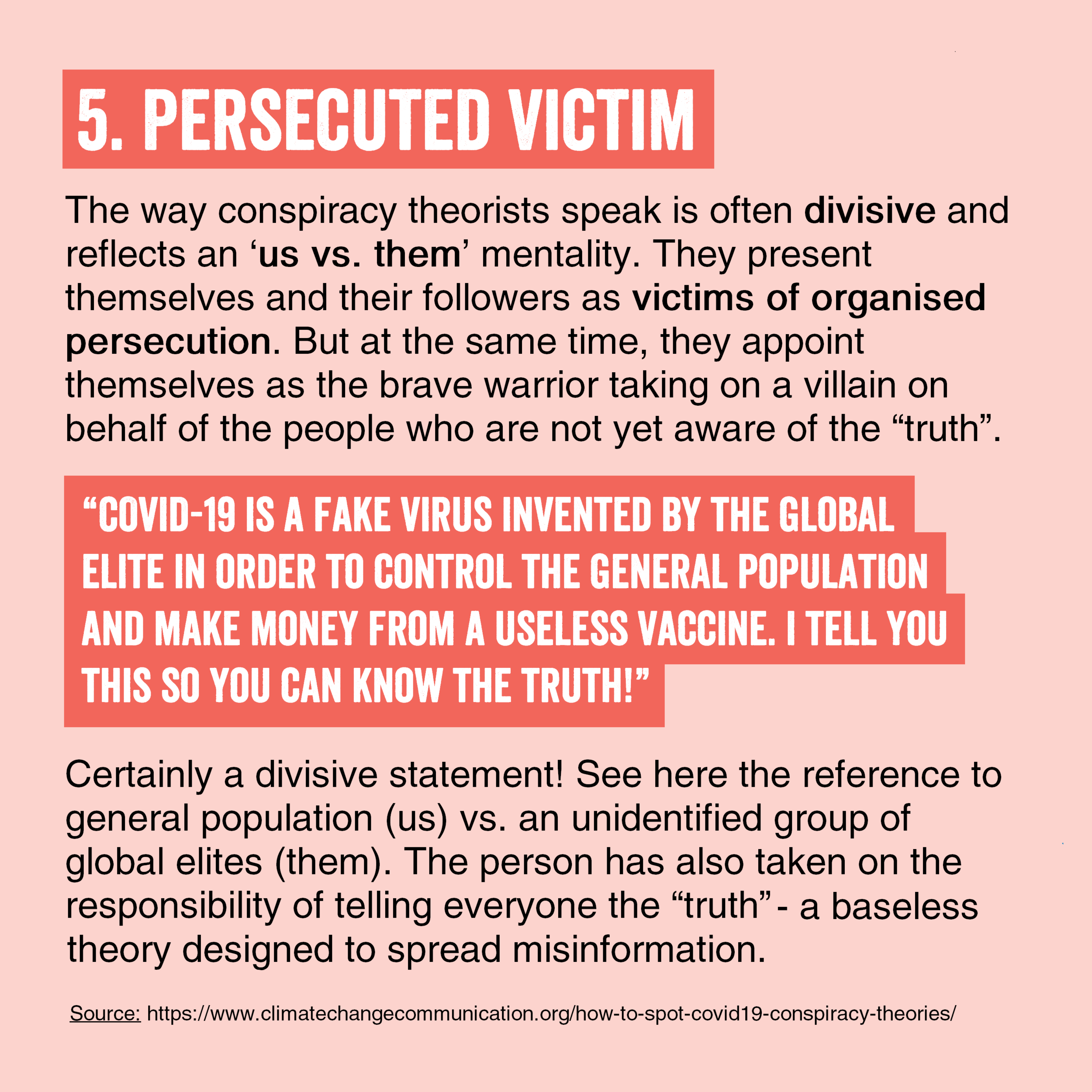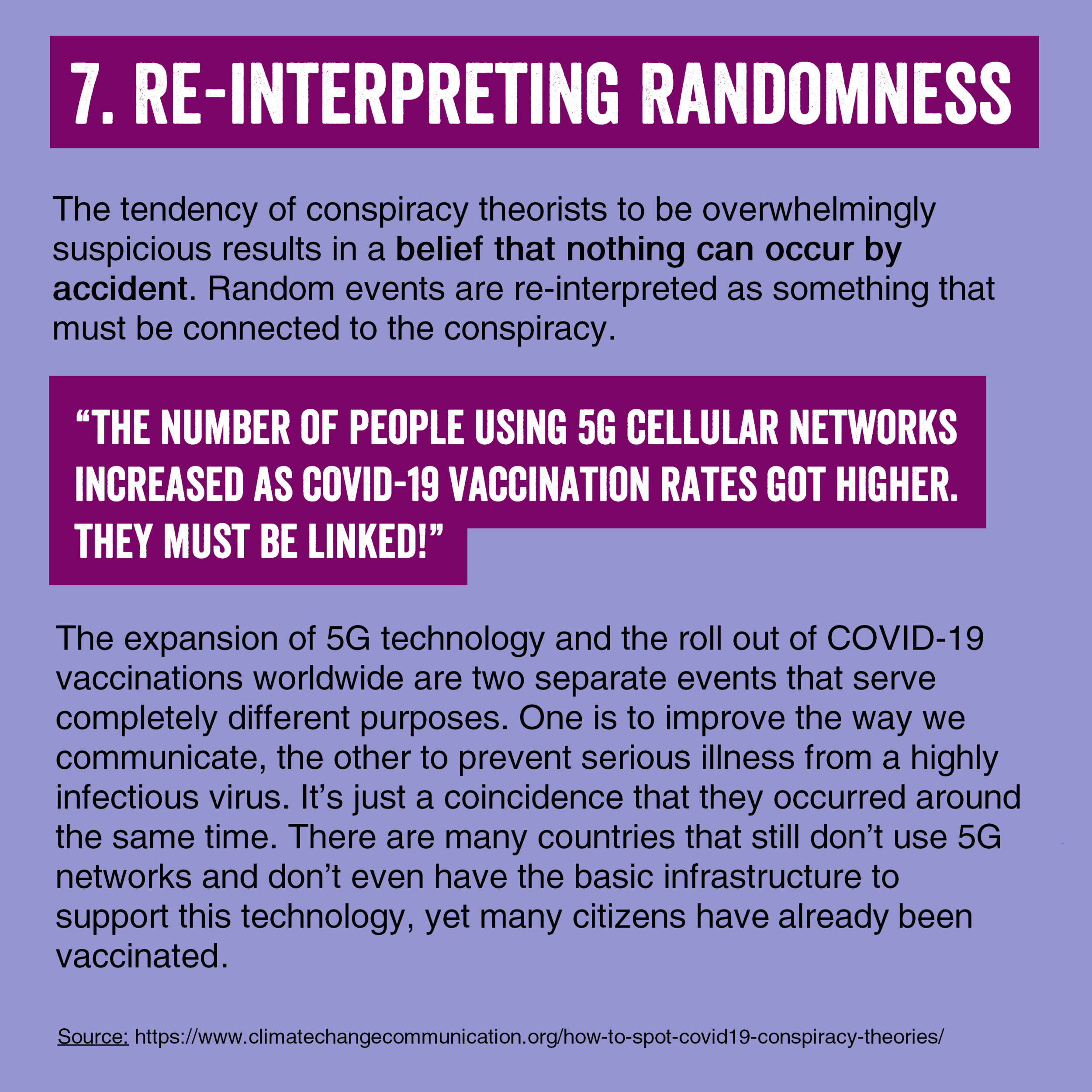Fighting fake news on vaccines in Papua New Guinea
Resistance to COVID-19 vaccines in Papua New Guinea (PNG) is strong and the spread of misinformation online, while not the only driving factor, is challenging health authorities.
With less than two percent of PNG’s population vaccinated against COVID-19, the country’s already under-resourced health system is ill-equipped to deal with COVID-19 outbreaks.
AHP partner, Plan International Australia (PIA), is combating fake news in PNG with facts via a digital campaign. The campaign focuses on correcting mis-information and connecting people to credible sources.
The digital campaign is run through the Facebook advertising function, which allows for content to be targeted to specific locations and demographics.
To date, content has been shared under different COVID-19 and vaccination-related topics, including ‘Frequently Asked Questions’, ‘How to Spot Misinformation Online’ and ‘Myths’.
At the beginning of November 2021, the campaign had reached almost 1.2 million people across PNG – in all but one province - with each person reached an average of five times.
PIA Program Officer, Catherine Caton, explained that real time analysis of social media data, including reach, demographics and engagement via comments on the campaign posts, allowed the PIA team to adjust messaging in-line with commonly asked questions and frequently posted mis-information.
“Although the first phase of the campaign wasn’t the most pleasant to have to moderate, what it did do was give us an opportunity to see what type of mis-information was trending in PNG and to observe the frequent questions that people raised. Then, based on that, we were able to produce content that addressed these issues,” Catherine said.
Campaign messaging has shifted from a focus on the importance of getting vaccinated to providing information on the vaccines, including how they are made and how they work.
PIA’s Senior Humanitarian Adviser, Tukatara Tangi, explained this change in the messaging.
“When we started our messaging was all about the importance of getting vaccinated, and that you should get vaccinated, and there was a lot of backlash around that. There was a lot of hesitancy, a lot of ‘Don’t tell us what to do.’
“As soon as we tweaked that messaging and provided content around what COVID-19 is, the vaccines that are available, and how you can access the vaccines – it was about allowing people to make an informed decision, but the critical thing was it was their decision to make,” Tukatara said.
This is a common experience across all AHP partners supporting the vaccine roll-out in PNG – there is widespread uncertainty around the COVID-19 vaccines specifically, not vaccines in general, and there is a clear demand for more information.
In addition to sharing information via Facebook, PIA actively moderates comments and responds to questions with facts and links to credible information sources, such as the World Health Organisation and the PNG COVID-19 Taskforce. Providing international and Government of PNG sources has been necessary to combat some of the mistrust in national sources, and reinforces trust in the health advice.
The change in campaign messaging resulted in more positive audience engagement.
“We still get a bit of misinformation posted but there are more and more people asking genuine questions because they have concerns, and they take the opportunity to get the information they need to make their own decisions about the vaccine,” Catherine explained.



